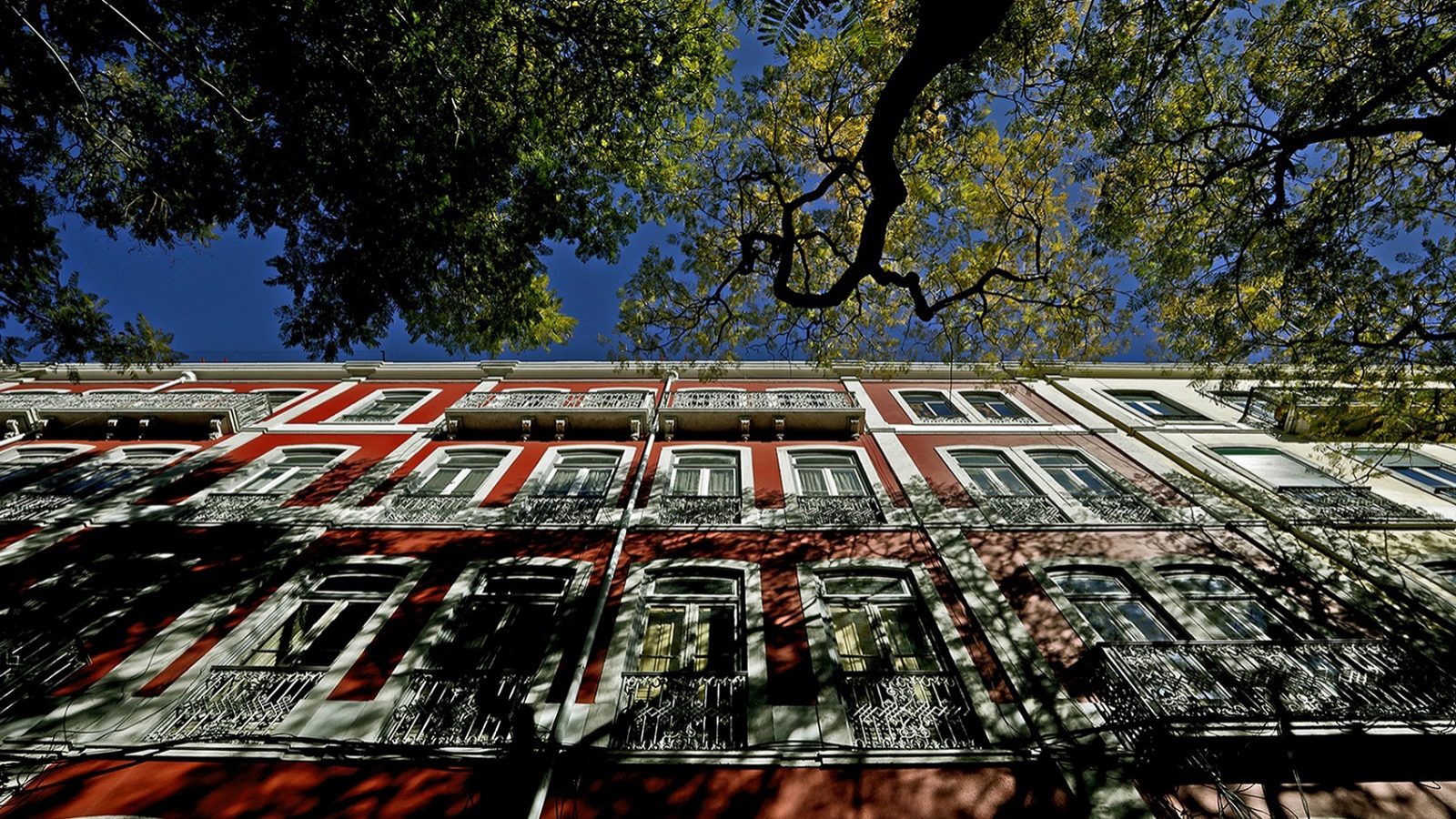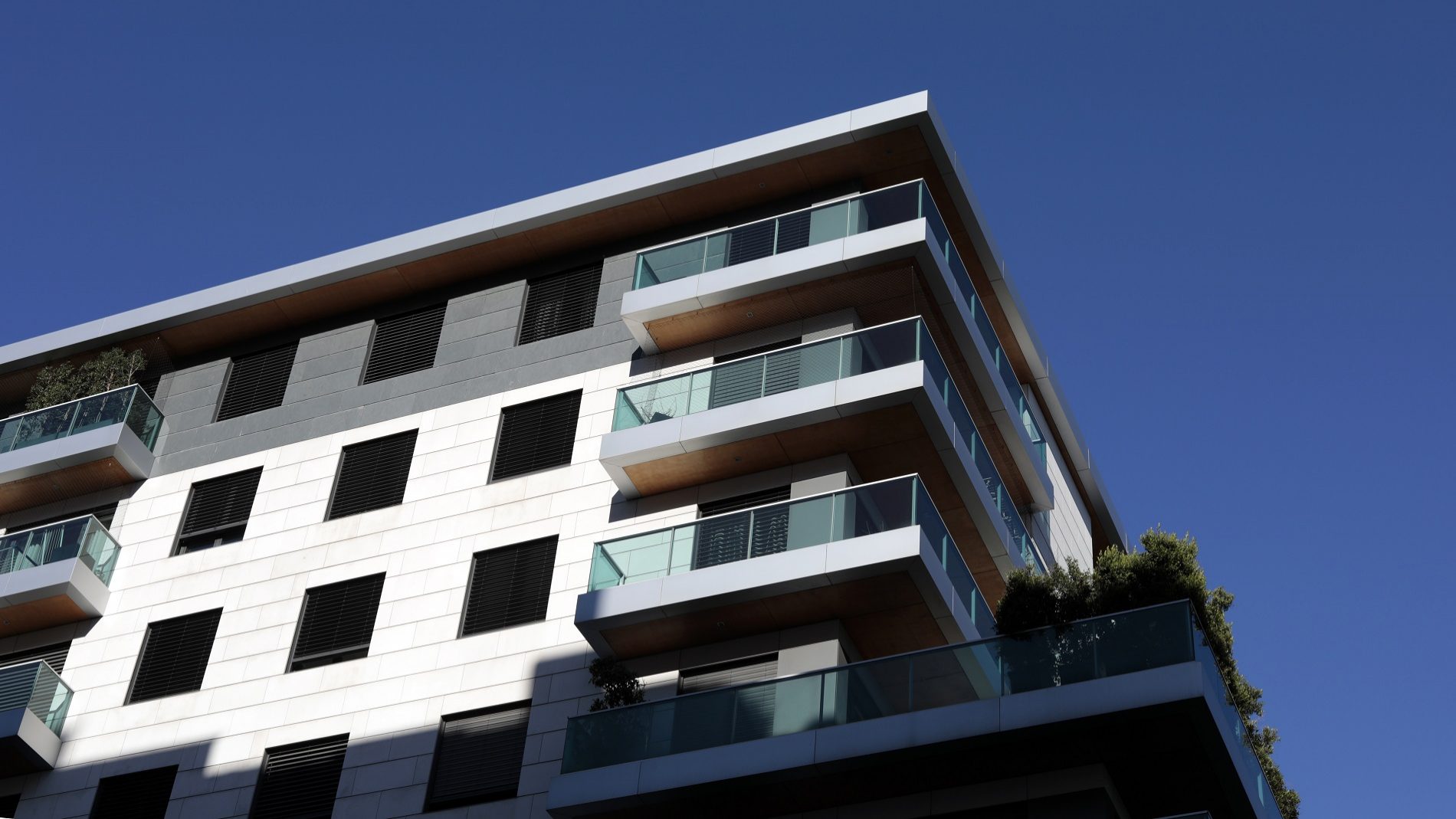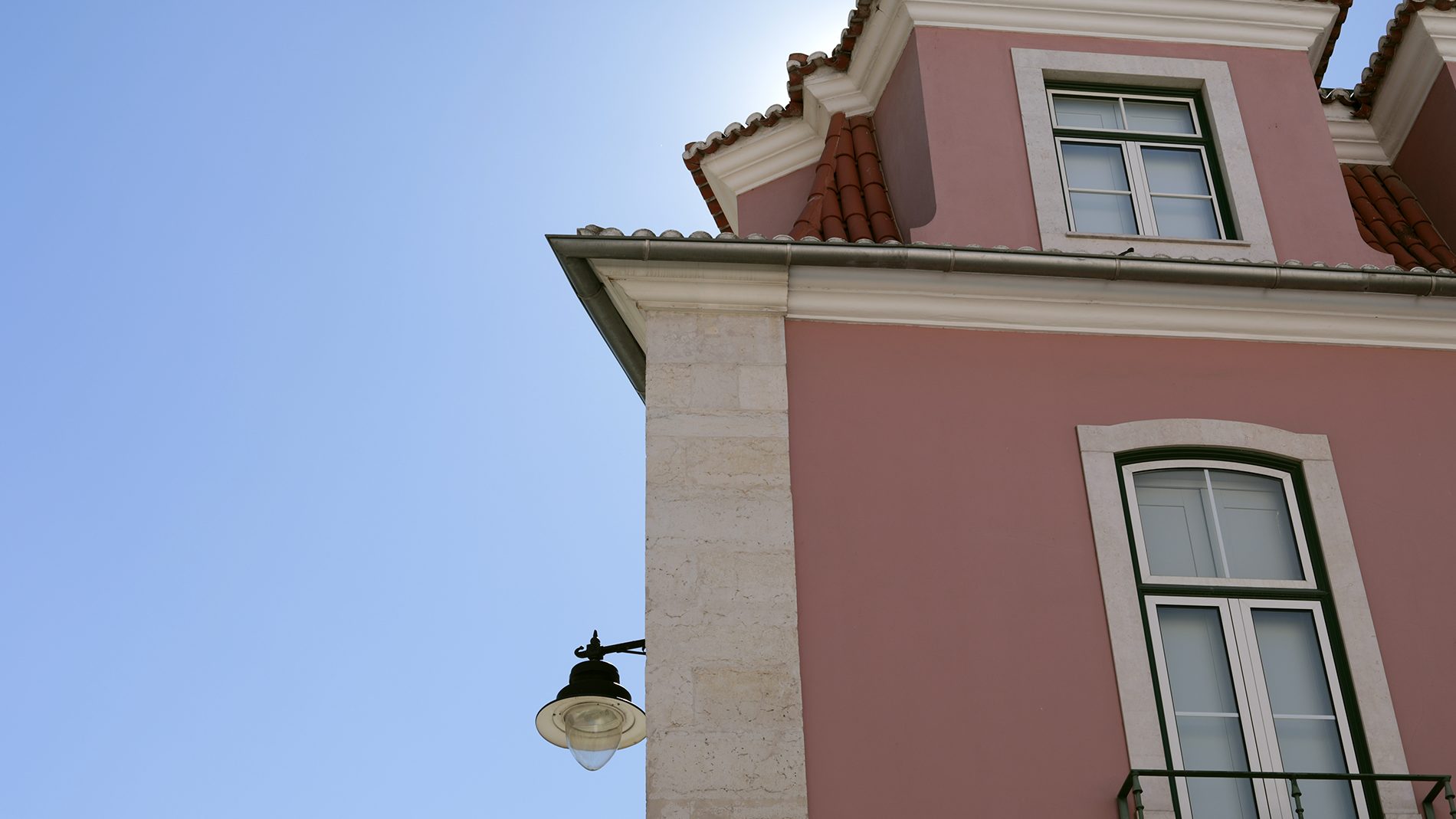Around 45% want to move home after coronvirus lockdowns
"65% of respondents identified new needs in relation to their dwelling, during lockdown" and "after lockdown, 45% say they might like to move home, according to Century21's survey.
Around 45% of people in Portugal want to move house after the lockdowns imposed because of the Covid-19 pandemic, according to a survey carried out by Century21, an estate agency, whose findings the group’s CEO admitted “surprised” even him.
In comments to Lusa, Ricardo Sousa said that “demand has remained very constant over time, even during the lockdown” and so “it surprised us that forty-five percent of Portuguese people today show the desire to move home.
“Today they have a different perspective” of housing, he said.
The company decided to carry out this survey, which covered 450 people in two phases, in October 2020 and January 2021, to try to understand “what were the new needs, the new perspectives that people had of their home,” Sousa said. “What we were doing was generally very similar to what we had before and all the discourse we had pointed to new trends.”
According to the survey results as summarised by the company, “almost all respondents (95%) spent the lockdown in their usual residence and the average degree of satisfaction with the house where they spent the mandatory period of recollection imposed by the pandemic is 8.3 out of 10.”
Nevertheless, “65% of respondents identified new needs in relation to their dwelling, during lockdown” and “after lockdown, 45% of the Portuguese say they might like to move home,” it said.
However, “29% confessed that they would like to move but cannot afford to, 11% had already planned to move before lockdown, three per cent had not planned to but, after lockdown, considered a move, while 2% of respondents say they would like to move but feel discouraged by the process of buying and selling, and by the very concept of moving.”
The reasons for wanting to move are based mainly on “the size of the house and more than that on the optimisation of space,” since they want a space to work and for children, said Sousa.
Century21 also highlighted that “43% of respondents are satisfied with the house where they live.”
Sousa highlighted “the disposable income of the Portuguese”, given that the “overwhelming majority cannot afford more than 500 euros per month” in rent.
According to the survey’s findings, “the amounts most people would be willing to pay for a mortgage, or rent, are between €301 and €400 (25%), and between €201 and €300 per month (22%).” Another 17% “could pay up to 500 euros per month, while only 11% of respondents have the financial availability to reach 600 euros,” it found.
According to Century21, “the results of the study also show that almost nine in every 10 families prefer to own a home, 59% believe that it is an investment in the future and 21% even say that the house is an inheritance that they intend to leave to their children.”
On the other hand, “of the 11% that opt for rented accommodation, 57% justify that at the moment they don’t have the financial capacity to invest in the acquisition of a house, 19% have not yet taken a decision on the area where they want to live and only 11% prefer to rent in order to have greater mobility.”
According to Sousa, Portugal’s housing market is “extremely dynamic”, thanks to “very low interest rates and available home loans that allow people to buy a house.”
Even so, he stresses, “in more than a decade the sector and the state have failed to have housing solutions adjusted to where most of the demand is concentrated, that is, in the middle class.
“This challenge continues to limit the market from growing further and [is] the justification for prices being stable,” he said.


